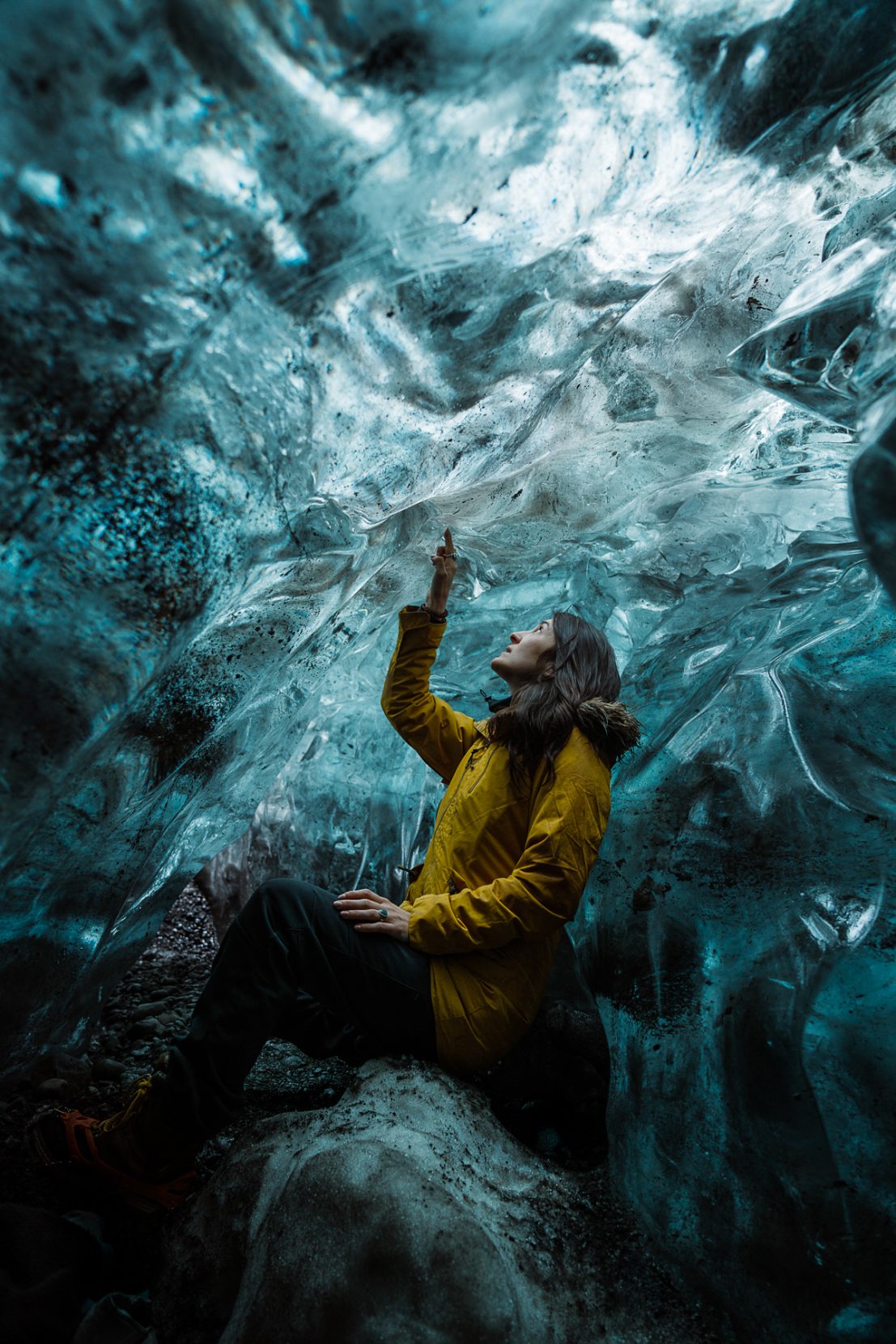An Age of Understanding, Not Conquest
We are living through a new “Age of Exploration,” but this one has the power to be fundamentally different from the ones that came before. At Hidden Compass, we recognize that past periods of discovery were rooted in colonialism and conquest — of other peoples and of nature itself. The examples are unending: “Henry the Navigator” expanded the wealth and territory of Portugal, colonizing West African islands and ultimately beginning the Atlantic slave trade; hundreds of people followed in the footsteps of Sir Edmund Hillary, climbing the tallest peak on Earth with little to no regard for the religious and spiritual significance of the mountain; and today, modern governments of countries like Tanzania continue to expell Indiginous groups from ancestral lands to pave the way (sometimes literally) for conservation and international tourism.
We see an opportunity to move toward a more equitable approach to exploration. Rather than a quest for conquest, we see modern exploration as a quest for understanding — one in which questions like “What can I take?” are replaced by questions like “What can I learn?”.




